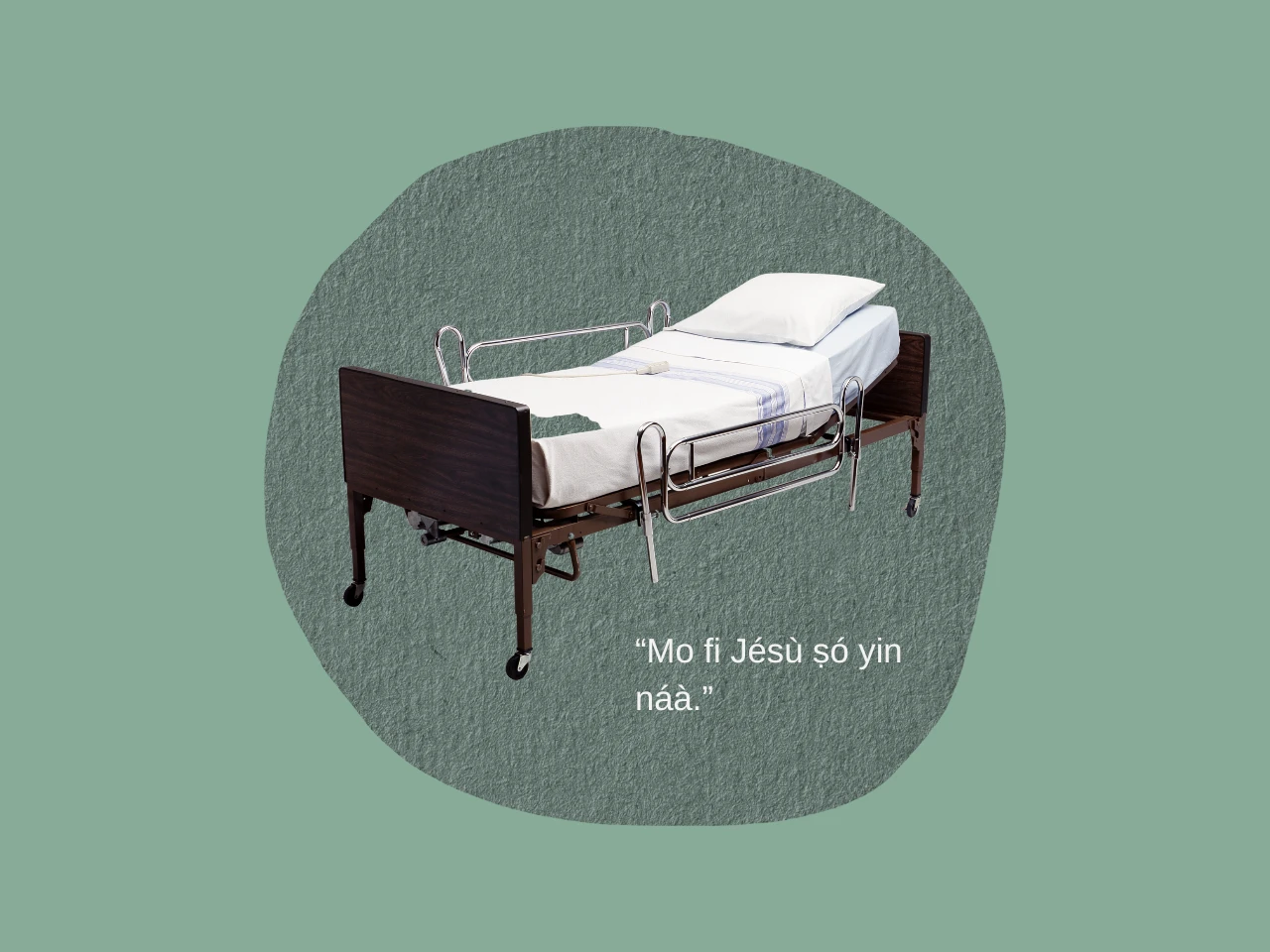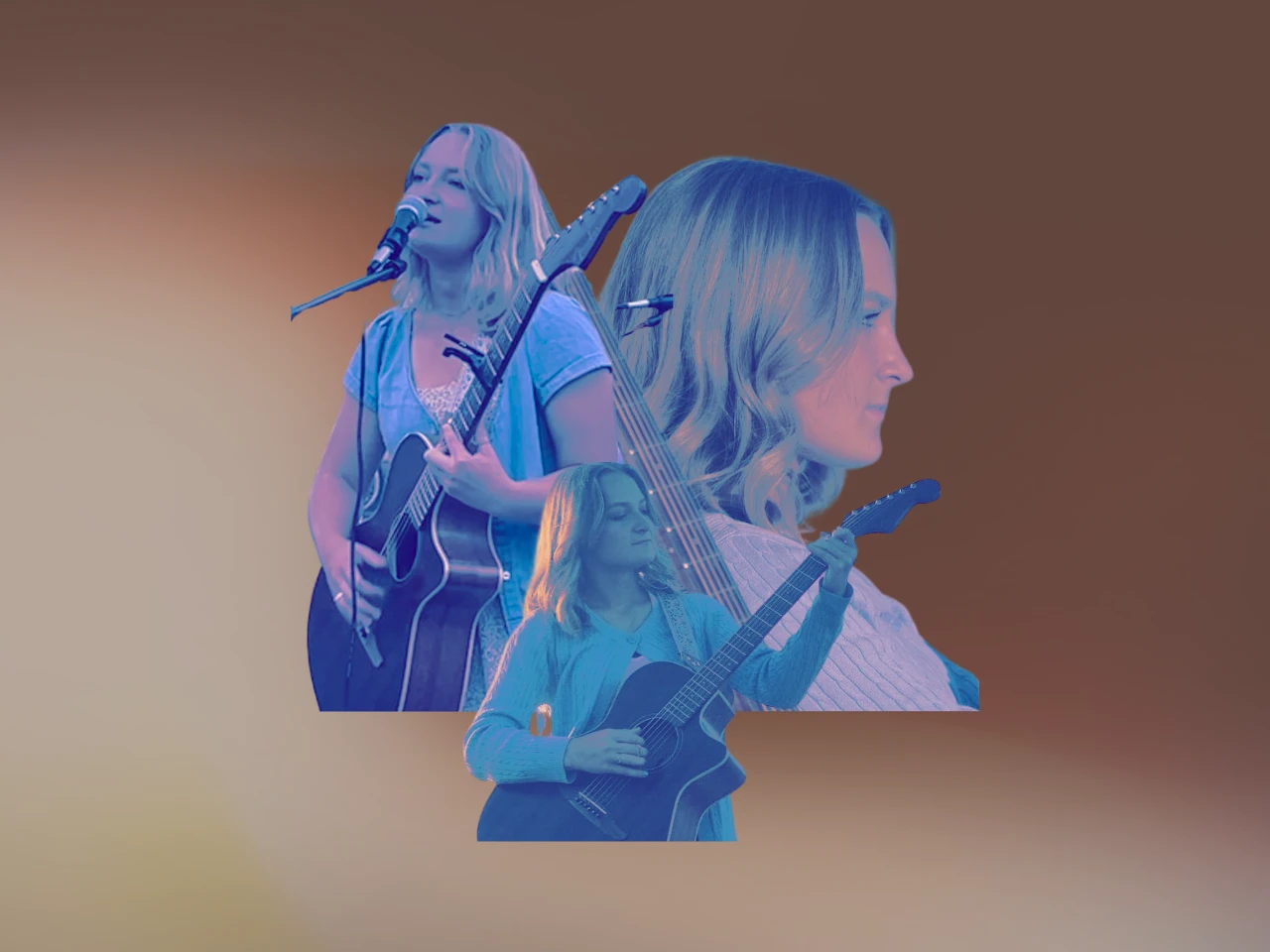Is there anything so undoing as a daughter? – Silco in Arcane
Abstract
I am a writer of woes. Biophilic woes. Woes that feed off our love for life, our love for love, our love to hate. In my love stories, nothing lovely ever happens. There are no pleasant happy endings, no main characters, no supporting roles, no hero, no villain, no show of affection, no drama, just young adults drowning in a drove of emotions that eventually kill everyone, both on stage and in the shadows. I have a host of love stories dedicated to people who will never be remembered except for the ways they could have made readers feel but never did. My characters thrive on the would-haves that constitute the lives of readers. But I don’t write love anymore. Try hard as I may, my hands have become a stranger to the runes with which love is encrypted. Instead, when I set my hands to paper, the first word that easily flows from my thoughts is Mòó.
Introduction
Mòó. It’s my way of saying mother. These days, mothers won’t let me be. They butt their way into my stories with the elegance of unapologetic divas. First, mine, then others. It has to be established that my writing of Mòó onto the page, it is not purposeful in the way purpose has been signified to be. But it is not unintentional, either. I think of mothers as people who should not die, immortals that pass the trial of hope and live against the grinds and exasperating daily hustles of human existence.
But somehow, despite all their ethereal glory, mothers die untimely, prematurely. They leave just when one is beginning to become so certain that they have ascended to immortality. They live with precarity and die with ease. They control the world with their tears, their sacrifices… their deaths.
Why do mothers die if they are life themselves?
Literature Review
Susan is life herself. She doesn’t look like it, though. Not with her literally strapped onto the bed, looking on her best days like a ghost-bride in waiting. She has stroke, acute paralysis, not the kind I see in movies, the ones that are deathly yet rendered attractive through the emotiveness of sentimental OSTs and the sensationalization of electric, wheeled motors posturing as viable legs. Movies with physical disabilities worn as an accessory by suave-looking characters with carefully curated expressions and a flair for good clothing despite their quadriplegic conditions. Susan looks nothing like the euthanasia-seeking Will in Me Before You and nowhere near as wealthily content as Phillippe in The Intouchables. Dumb comparison, yes, but Susan’s stroke deadens every imaginative impulse to romanticize pain and paralysis.
Like a ripe persimmon fruit wet and tender to the touch but hanging limply from a branch, undecided about its own fate, Susan’s body – big, bare, bloated, baggy - lies flaccidly on a hospital bed that can hardly carry her weight. Her unfanciful paralysis is further complicated by the fact she lacks the function of speech; her lips are as dead as her body, and even though her eyes feel like she would like to pour out her whole heart to an audience, her mouth is unmoving.
Even when she voices out the occasional incoherent string of noises that often jolts people to the reality of her existence, it always feels as if the sounds come, not from her mouth, but from the depth of her stomach; the sounds drift in and out from her like an echoey trail of eerie drumbeats sifting from the inviting space of an enchanted rotunda.
Despite her unattractive paralysis, Susan has a lot of life, and I can tell because I am stationed right next to her, stretched out on a hospital bed, much like hers, except that while her whole body settles deep into hers, my body perches gingerly on the foam like osmanthus cake laced around with jelly batter.
I have haemolysis which has caused all parts of my body to be on edge like pines arduously curving their long tresses to touch the earth.
I am restless too, seized by the kind of pain that caresses the fragile, beguile-able nerves in my body, the ones that had already been sold on the idea of death right from when they first existed. My pain-full restlessness manages to perk up my 6 senses and causes me to easily notice Susan giving me side glances, looking up-down at me with pity in her eyes. It’s unmistakable, that compassionate, watery gaze that breaks the fourth wall between us, making it impossible for me to simply see her as one of the many patients in the big, de-private hospital ward.
Questions
I am unsettled by her pitying gaze, but I am more unnerved by the fact that she is shifting her pity to me despite her body being a bag-full of sorrows itself. Is she projecting her sympathy onto me? Am I projecting my pain onto her? What if she is as unfeeling as her drooping bodily posture on the bed suggests? Am I reading meaning into her eyes because of the thick jaundice that has clouded mine?
Methodology and Data Collection
Because of my questions, I listen to Susan more. Not her, exactly. But the things surrounding her. During a ward round by young nerdy doctors who see cadavers in bodies and bodies in fleshy craters of messy emotions, I hear that she has seven children, but none has come to visit. No relative either.
She is as good as dead, the doctors note. Not because there is no life in her but because all of the life she is cannot fight the stark gloom that has congealed from the heavy absence of life around her. Susan’s children bear seven of the nine lives she could have wrapped around herself, the lives that could have made the air around her heavy with just enough breathable nitrogen to prop up her heavy, non-osmotic body. It would seem then that what I see in Susan’s eyes is not the look of pity; it is the desire to starve the death in her paralyzed body by feeling for life and liveliness around her.
Analysis
My mom sees Susan too, but she is too caught up in the drama of pain I have embroiled her in to really notice anything she sees. She has come from Lagos to Ile-Ife to take care of me. I am dying from hemolyzed red blood cells. She is dying of grief from watching me slowly lose life. She is menstruating too, sick, broke, bereft of companionship. She is Susan, except that her paralysis does not come from stroke or cerebral deadness; it comes from the sickening, crippling feeling that one of the two persons she has built her entire life around is on the precipice of death.
As my sickness worsens, hers does too. She tells me her menstrual blood won’t stop flowing and she has no means to properly clean herself up because the hospital does not make provisions for patients’ caretakers to take care of their own selves. The hostel she is staying at has no water, no good sleeping place, no proper lavatory. No consolation spot where tired, panicky mothers like her can cry and possibly feel better.
I want the side of my bed where she constantly rests her head to be her consolation spot, yet I am one of the reasons for her pain. You shouldn’t blow on a sore you cracked open.
After having necessarily force-fed me, washed the utensils, tried to clean up my messy, restless, body, I watch as she plops down on the seat beside my bed and cry herself to sleep. She sleeps, tears in her eyes, her big, feverish hands holding the bedsheet covering my body, her headscarf still intact on a head that once harbored a mass of Eve-ish dark glorious hair; her blue Ankara attire still hanging in its starched finesse on her body - the same Ankara cloth she was wearing when she rushed into OAUTHC with a frantic look on her face after hearing that I had finally gotten myself a nice, permanent spot in the female ward after the series of back-and-forth tests and consultations I had been having with the hematologists over my greening eyes.
Because of my never-ending crises, I have seen this motherly side of her so often, this sleep, but never has the sight been so heart-wrenching. Right then, I am hit with the realization that I have only ever known Mòó as a mother. Nothing more. I have had no way of knowing the different shades of liveliness that exist outside the silhouetted shape of motherhood that shadows her profile.
My memory malfunctioning due to exhaustion flashes unwarrantedly to the one day in my early teenage life that I caught a group of women gossiping about a single mother who suffered to take care of her children but died horribly right when they were beginning to make something of themselves. They had inferred that if ever life was going to remain with haphazardly born children like me, it would be because the mother had to die for it.
Conclusion
One day, I catch myself calling her by her first name… her first name first, then by the name she bears by reason of my existence. I call her these names for no reason, except to make sure she is still alive, alive not only as my mother, but also alive to herself,
“Aty Moji. Aty Moji. Mòó, Mòó. I am feeling better small small. Can you hear me? I said I am feeling better. You nko? How are you feeling? Shey you will not go to the hostel to sleep like this?”
She yawns through her next words, “O sọ pé o wà okay, àbí? You sure say you dey feel better?”
I nod my head to reassure her.
“Ọlọ́run ṣeun. Èmi, gbogbo ara ló ń ro mí. My whole body just dey pain me. Jẹ́ kin lọ sùn.”
I have always found it intriguing, the way Mòó presses her point about pain by casually cataloging a similar thread of thoughts in two languages - the highly-intoned Yoruba and the quite playful pidgin English. As if by code-switching, she can express the intensity of her pain without making it sound too painful.
“Kò sí wàhálà; ẹ lọ sùn,” I say, wishing rest for her, for us despite knowing we are both far from getting any.
She responds in Yoruba with a prayer and a promise of tomorrow because it is in that language that we know prayers and promises to be most effective.
“Issorite. Màá rí ẹ lọ́ la. Mo fi Jésù ṣó ẹ.”
I say our little prayer back.
“Mo fi Jésù ṣó yin náà.”
Oluwafunmilayo Akinpelu (Funmi Omo Moji) is Nigerian when it’s convenient. Yoruba on those days she is not slipping up on the language. An all-time (pop)cultural cosmopolitan. She is honing the craft of writing powerful, perfectly flawed, paranormal characters into existence, mothers being one of them. Her self-published novel-of-sorts, Half Lives, is her strongest writerly effort so far. She is a Ph.D. student of (very contemporary) English Literature at the University of Alabama and a collaborative arts enthusiast. She has curated two collaborative storytelling exhibitions and is currently working on a third one. She sometimes blogs at https://funmiomomoji.com/
Editorial Art by Dilara Sümbül



